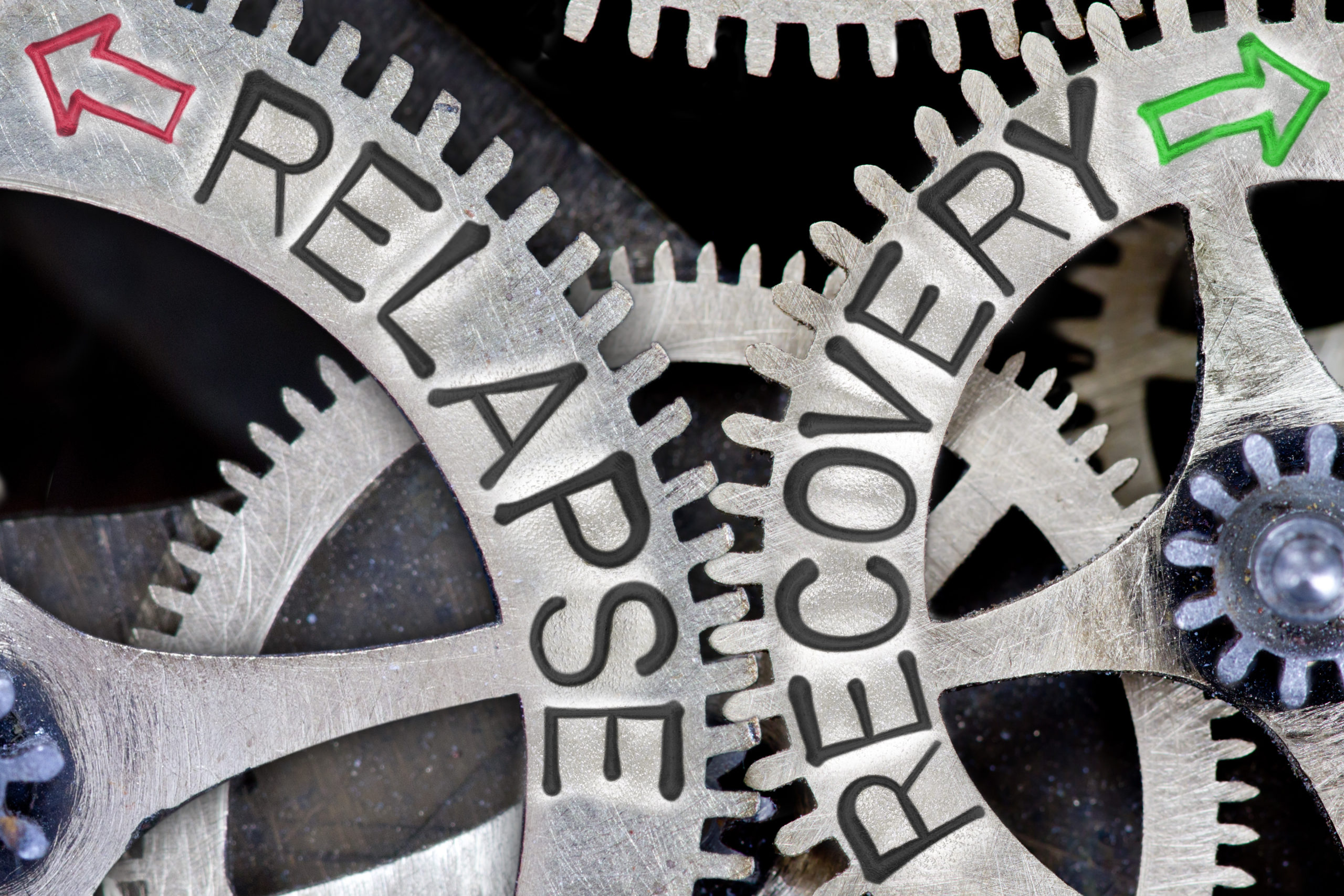Fear of the unknown is a real thing and accordingly, fear can be a major stumbling block for getting a person that needs rehab…into rehab.
“What is rehab like?” is, therefore, a super important thing to make clear to help put the mind at ease.
From the outside perspective, it might seem baffling why someone would continue to use drugs or alcohol when the negative effects are so readily apparent. But aside from the obvious nature of addiction, there is actually a comfort in using. Moreover, a person may not have developed other ways to cope with things so the prospect of rehab can be a very scary one.
Hence why it’s crucial to equip yourself with the knowledge of what it’s all about.
What Is Rehab?
Rehab is simply the process of helping a person to stop using drugs or alcohol and restoring them to an improved, substance-free state.
After detox, the process of ridding the body of toxins, the next step is rehabilitation where the real work of sustained sobriety and recovery happens.
What Are the Different Types of Rehab?
Rehab comes in many varieties ranging from evidence-based, traditional modalities like individual and group therapy, cognitive behavioral therapy, counseling, etc. to alternative therapies like yoga, meditation, music therapy and more. Each one can have its own deep dive but what’s more important to note here is the general way in which rehab operates since there are some sweeping commonalities.
Inpatient – This is the most intensive level of rehab and it’s generally what comes right after detox depending on the severity of your addiction. In inpatient rehab you live in the facility and all of your time and attention is focused on the work of getting back on track. What you do and how your schedule looks will be directly determined by, and catered to, your needs while outside distractions are almost nonexistent since you’re living at the treatment center.
As you might’ve guessed, you wouldn’t be going to work, school, etc. while in inpatient care. Sometimes this type of rehab is called “residential inpatient” rather than solely “inpatient” and there is a slight difference. “Residential” refers to the type of facility as in it’s more an actual residence and has a homelike feel. These can get quite, quite luxurious. Alternatively, regular inpatient care is much more clinical and medical in terms of the surroundings.
Outpatient – All of the same treatments and therapies that are hallmarks of inpatient care are exactly what you get with outpatient rehab as well, the only difference is that you’re not living in the facility anymore with this type of rehab.
You’re able to come to and from as per the schedule you make with your treatment center. Outpatient rehab is something you can do while maintaining work and family life and whatever responsibilities you have to tend to. Often people will transition from inpatient to outpatient but of course it’s all dependent on your particular circumstances.
Aftercare – Recovery doesn’t end when you finish treatment and aftercare is a crucial part of your journey to a stable and sustained sobriety. In a way, you can think of this as the last phase of rehab and it’s one that’s ongoing. This is where you’ll have your support groups, alumni groups, sober living homes and the like as resources help keep you on track.
Aftercare is ultimately about maintenance and continued work on yourself and your sobriety.
How Do I Find the Right Rehab for Me?
We know it can be overwhelming, there are a lot of options out there between the traditional and alternative rehabs after all and finding the best one for you takes time. Even knowing where to start can be tough so having someone in your corner to help guide you can be a gamechanger. At Above All Treatment Network, we pride ourselves on our deep well of knowledge and connections, so give us a call and let’s find the right rehab for you, together.





